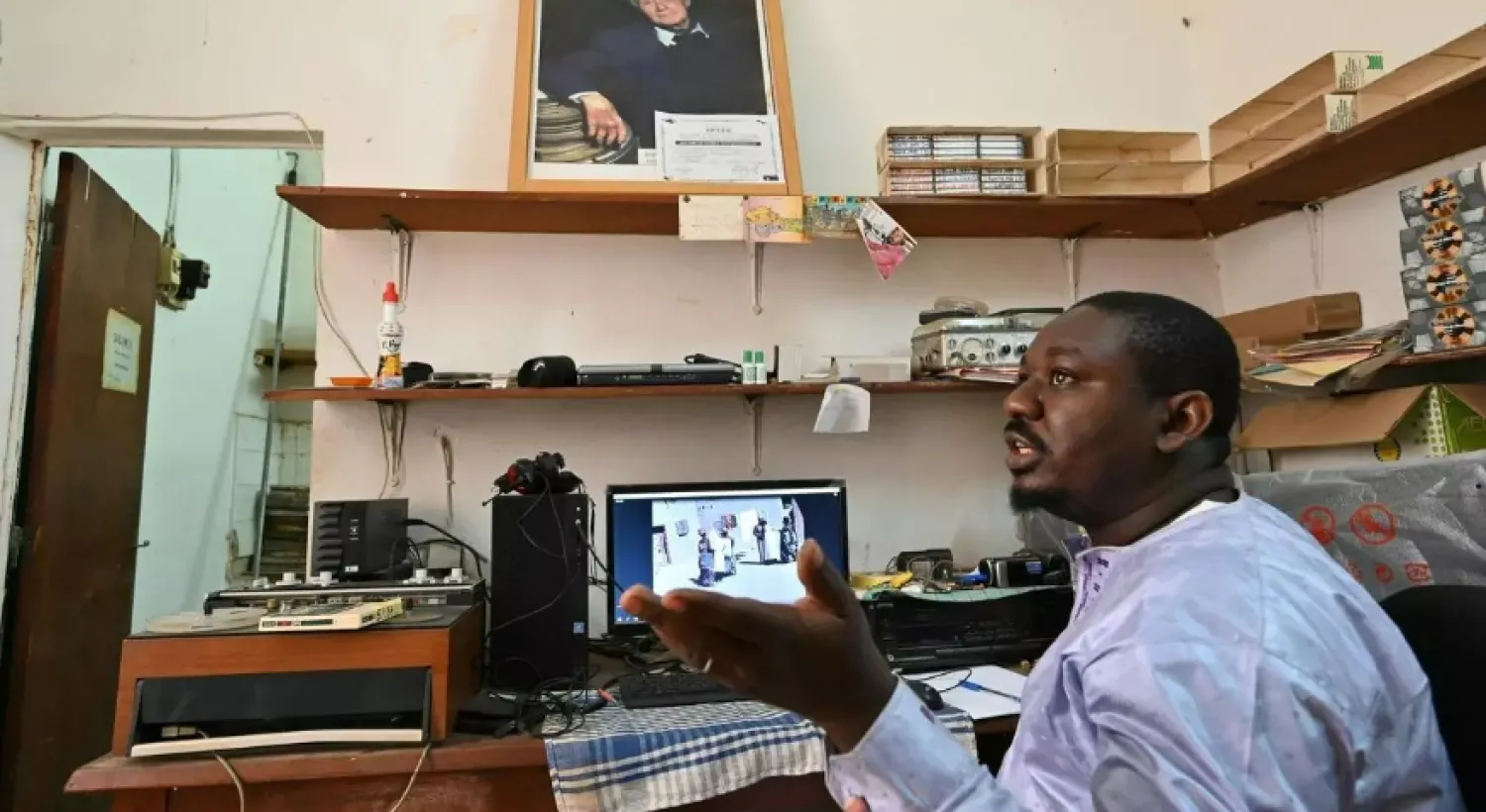The wall of a house in Torokorobougou, a district in the Malian capital Bamako, suddenly lights up as a black-and-white film starts to roll.
The audience falls silent as the title of the documentary, "Sigui", flashes up on the screen.
It's one of French director Jean Rouch's seminal films, charting a secret ceremony of central Mali's Dogon ethnic group which is held once every 60 years.
Rouch, who died aged 86 in a road accident in Niger, is the only person to have ever recorded it, AFP reported.
He shot around 140 films over his long career, including many in West Africa and particularly the Sahel state of Niger.
While his work has faced criticism for reflecting the condescending colonial attitudes of the time, the film-maker-cum-ethnographer was a prime mover in the Sahel's cinematic tradition and a champion of local directors.
But memories of Rouch's work are fading, while the once-flourishing movie scene in the semi-arid African region has been battered by a lack of funding.
"He is the grandfather of cinema in Niger," said Moussa Hamidou, the country's first sound producer, who worked on all of Rouch's films.
The Frenchman gave many of Niger's prominent cultural figures their start such as director Oumarou Ganda who in 1969 became the first African to present a film at the Cannes festival.
Hamidou talks cheerfully in his home in Niger's capital Niamey about the artistic milieu that once thrived in the city.
"It was a good time for West Africa," he said, explaining that directors had access to funding.
But the Sahel's cinematic heyday of the 60s and 70s is a now distant memory, with funding having mostly dried up.
Governments across the Sahel are more focused on combating the brutal extremist insurgency, which first emerged in 2012, than cultural pursuits.
In Niamey, film enthusiasts have to rummage through the archives of the Institute for Human Sciences Research (IRSH) to find traces of this cultural golden age.
Rouch himself directed the institute between 1959 and 1969, where many of his old film reels are stored.
One, for example, is his famed "Cock-a-Doodle-Doo! Mr. Chicken," a comedy about a chicken salesman travelling Niger in his Citroen 2 CV.
Seyni Moumouni, current director of the IRSH, said few are interested in the reels.
"They're gathering dust because young people now prefer cassettes and DVDs," he told AFP.
Despite his successes, Rouch also came in for fierce criticism for his depictions of African traditions, which many saw as exoticising and patronizing.
"You look at us like insects," Senegalese film-maker Ousmane Sembene told him in 1965.
Rouch responded that he was "trapped between two colliding worlds", referring to his native France, and the Sahel countries it colonized.
A film expert in Mali's capital Bamako, who declined to be named, recognized that Rouch helped local film-makers, but said he was still a "product of his time".
However, Malian director Cheick Oumar Sissoko argued Rouch had made an important contribution simply by capturing what he did on film.
"The image itself is an extraordinary language which constitutes memory," Sissoko said.
At the film screening in Bamako, ethnic Dogons in attendance watched in awe.
The Sigui ceremony celebrates the regeneration of the life cycle and is one of the most important events in the Dogon calendar.
Festivities involving elaborate masks last for years. But the 60-year span between each Sigui meant that few in the audience had seen the ceremony themselves.
None said they had seen Rouch's film before either, a sign of his dwindling cachet.
Ali Dolo, a mayor from central Mali who fled to Bamako because of the conflict, cried out in recognition during one scene.
"That's my home," he said, telling AFP later that not much had changed since Rouch filmed it.
But for many, what has changed is the conflict, and a sudden lack of cultural funding.
"It's impossible to make films without help," said Djingarey Maiga, a Malian-Nigerien director.
He reflected on a time when Sahel directors would gather in a studio in the Musee de l'Homme, in Paris, which Rouch and other ethnographers had set aside for them.
"We film-makers from Niger and Africa used to go there to edit and mix our films," he said.









